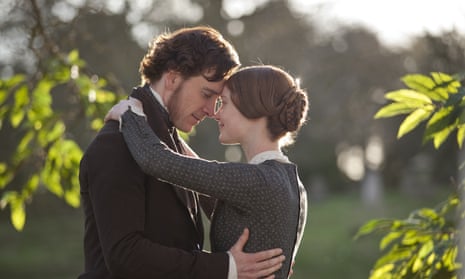The popular novelist Alexander McCall Smith – best known for his No 1 Ladies’ Detective Agency featuring Precious Ramotswe – has never been much of a fan of modern technology. Back in 2011, he told an audience at the Hay festival, “Botswana is absolutely crammed full of mobile phones, everybody has one, but not in my books. The reason why mobile phones and other forms of invasive technology don’t appear in my novels is because if I see something I don’t like, I don’t mention it. I’m a great believer in denial.”
Each to his own. If I was in need of a private detective, I’m not sure I would go to one who refused to use a mobile phone and had never heard of the internet. I’d rather suspect I was limiting my chances of getting my problem solved. But what do I know? Precious Ramotswe has solved more cases while relaxing over a cup of rooibos tea than many other fictional private eyes have cracked while struggling to get a decent Vodafone signal.
If anything, McCall Smith’s technophobia has hardened over the past four years. At a recent event at Daunt Books in central London, he said: “Modern technology spoils a sense of drama. Look what antibiotics would do to opera. Look at La Bohème. It would be, “Mimi starts to cough. Here’s the penicillin … and she gets better!”
He does have a point, while managing to miss the wider one. Not only would Puccini have given Mimi another illness if penicillin had been around at the turn of the 20th century, he fails to appreciate the greater leap of imagination. When Violetta is dying of tuberculosis during the third act of La Traviata, the biggest surprise isn’t that a quack hasn’t knocked up some antibiotics 100 years ahead of Alexander Fleming, it’s that the soprano has enough breath to sing some of the most exquisite music Verdi ever wrote. Even to sing pianissimo, require phenomenal breath control.
Almost every novel – with the exception of some sci-fi and magical realism – is firmly rooted in the time in which it was written. The classics survive both due to the quality of the writing and the imagination of the reader to make the conceptual leap to the book’s more timeless properties. How many people get to the end of Jane Eyre and think if only Mr Rochester had installed a smoke alarm in the attic, his mad wife wouldn’t have been able to commit suicide and he wouldn’t have become hideously disfigured while trying to save her?
Who comes out of a performance of Romeo and Juliet sobbing that if only the couple had done the obvious thing and made their own arrangements by text instead of relying on that idiot Friar Laurence, then they could have lived happily ever after? “O Romeo, Romeo, wherefore art thou, Romeo?” “Sorry babes, running a few mins late. See you soon and go easy on the poison xxx.” Who reads Howards End shaking their heads at the medical profession’s inability to detect Leonard Bast’s tragically weak heart with a regular ECG? With a bit more imagination, EM Forster could have ended the novel in an extended legal case of medical negligence. Maybe he thought Dickens had already done that theme to death in the Jarndyce v Jarndyce case in Bleak House.
It’s as if McCall Smith believes the world has to stand still for the creative mind to function. Unless he sincerely believes it would have been better if scientists had never developed life-saving drugs and technology. The point about literature and storytelling is that it is endlessly adaptable. Modern TV crime dramas bear little resemblance to Dixon of Dock Green, Z Cars or Juliet Bravo, and they aren’t any the worse for it. Mobile phones and computers have merely become established as narrative devices in their own right. There are still just as many good and bad books and good and bad TV cop shows. Technology hasn’t been the tipping point. And I, for one, wouldn’t be in the slightest bit disappointed if Precious Ramotswe was occasionally allowed to use a mobile phone. If only to remind her husband, Mr JLB Matekoni, that she was running short of rooibos tea.

